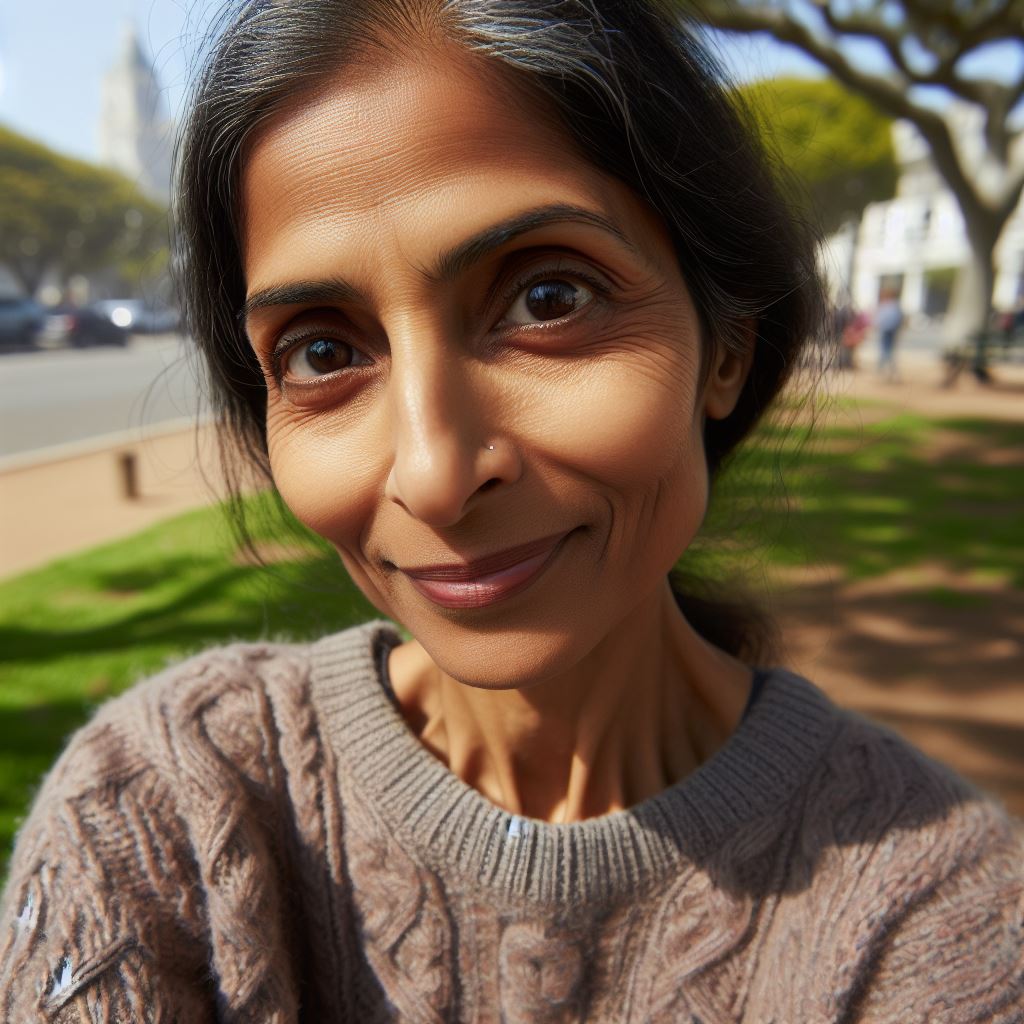A ghazu was a raid on another Arab tribe . The ummah was the Muslim community of believers.
What was the purpose of the ghazu in the years before Islam *?
What was the purpose of the ghazu in the years before Islam? to add to the arabs resources2 . How did Islam change the way the ghazu worked? The religion was not permitted to attack one another. So ghazu raids went against non-Muslim communities.
What does ummah mean?
Ummah is an Arabic word, meaning “people” or “group” or “community” formed based on some common and coherent features like language, race, religion, culture, and economic interest with a common leader, goal, and constitution.
Why did Islam spread so quickly Doc F?
Islam spread quickly because its leaders conquered surrounding territories . As Muhammad and the Muslim leaders that came after him conquered lands in the Middle East and beyond they spread the teachings of Islam. Islam spread quickly because its lands were well governed and orderly.
How did Islam spread so quickly?
The religion of Islam spread rapidly in the 7th century. Islam spread quickly because of the military . During this time, on numerous accounts there were military raids. Trade and conflict were also apparent between different empires, all of which resulted in the spreading of Islam.
What was the Ghazu and what was the ummah?
A ghazu was a raid on another Arab tribe. The ummah was the Muslim community of believers .
What do you know about Umma?
Valerie: Umma (also ummah) is that Arabic term for “nation”. In reference to Islam, ummah refers to the whole Muslim world, or the community of believers. As a theological concept, the ummah is meant to transcend national, racial, and class divisions to unite all Muslims .
Does Umma mean mom?
The familiar word for “mother” (something like “mom” or “mommy”) is “Umma” (엄마). Read on for pronunciations and context!
What does fitnah mean in Arabic?
Fitnah, (Arabic: “trial” or “test” ) in Islamic usage, a heretical uprising—especially the first major internal struggle within the Muslim community, which resulted in both civil war (656–661 ce) and religious schism between the Sunnis and the Shiʿah.
When was Umma created?
That community, or ummah, was historically formed in response to the Divine revelation granted to the Prophet Muhammad in the seventh century C.E. Hence the concept of the understanding of ummah is to be sought not only in the Quran but also in early Islamic history – the period of the Prophet and his initial ...
Why did Islam spread so quickly in Africa?
According to Arab oral tradition, Islam first came to Africa with Muslim refugees fleeing persecution in the Arab peninsula . ... It quickly spread West from Alexandria in North Africa (the Maghreb), reducing the Christians to pockets in Egypt, Nubia and Ethiopia.
Why did Islam split into two factions?
Though the two main sects within Islam, Sunni and Shia, agree on most of the fundamental beliefs and practices of Islam, a bitter split between the two goes back some 14 centuries. The divide originated with a dispute over who should succeed the Prophet Muhammad as leader of the Islamic faith he introduced.
Who is Islam Khalifa?
| Language(s) Arabic | Origin | Meaning Leader, Successor, Steward, Deputy | Region of origin Arabia Islamic Caliphate | Other names |
|---|
When did the Persians convert to Islam?
By the 10th century , the majority of Persians had become Muslim. However, the achievements of the previous Persian civilizations were not lost, but were to a great extent absorbed by the new Islamic polity.
What are the 3 Islamic empires?
The three Islamic empires of the early modern period – the Mughal, the Safavid, and the Ottoman – shared a common Turko-Mongolian heritage.
Where do Muslims face when they pray?
Qibla is the fixed direction towards the Ka’bah in the Grand Mosque in Makkah, Saudi Arabia. It’s the direction which all Muslims face when performing their prayers, wherever they are in the world.
